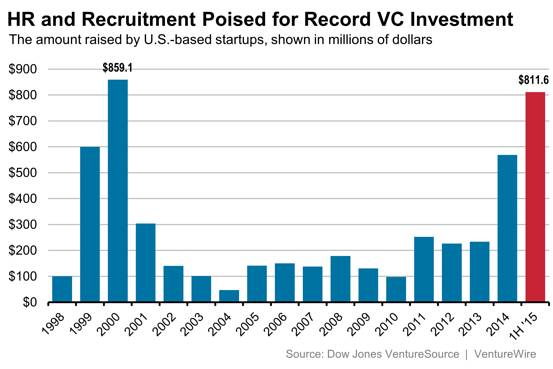If you follow the news, particularly the news relevant to the workplace, HR, and Talent Management, you probably caught a couple of recent stories that have been pretty widely reported, circulated, and dissected.
One having to do with compensation - Gravity Payments Raising Minimum Salary to $70,000
And the second, a straight up benefits story - Netflix To Offer Unlimited Parental Leave
Both of these stories, one about how one company is raising its minimum salary to a pretty high level compared to local and national statutory minimum wage requirements, and the next, about how another large US company is extending and enhancing a much-needed employee benefit (parental leave), were initially met with positive or at least neutral reactions.
But then, predictably, the backlash and criticism of both of these policy changes, and from a wide assortment of commentators began.
The decision by the Gravity Payments CEO to raise his company's minimum annual salary to $70,000 was the easier mark. Outlets from the New York Times all the way to the site I contribute to Fistful of Talent, took apart the Gravity plans. Unworkable, unaffordable, unfair to top performers - the list of holes that were poked in the Gravity plan are too long to recount.
Netflix' decision to extend parental leave to an unlimited amount for an entire year has been met with relatively less criticism, but at least one major publication, the Washington Post wasted little time in alerting the rest of us that in fact Netfilx' innovative policy was likely "a bad idea for your company."
Whether it is these recent stories from Gravity and Netflix, or older and more familiar stories about novel, innovative, and worker-friendly policies from companies like Zappos or Google, there is always one element they have in common. No matter what the specific issue is, (increases in pay, enhanced benefits, more worker autonomy, etc.), once the news makes the rounds almost immediately thereafter commences the chorus of commentary that strikes a familiar, and tired, refrain.
And these critiques are always the same. They are always some combination of 'This is a terrible idea/bad Talent Management' along with its corollary 'Sure, this might work in Silicon Valley, but it will never work for you'.
And I have to say I find that pretty depressing.
Why do we have to immediately and forcefully look to take down or at least diminish the significance and importance of new ideas that are clearly intended to improve work, workplaces, and the lives of workers?
Why do we instinctively look to marginalize the significance of any employee welfare improvement initiative that comes out of some Silicon Valley tech firm as something that could only work in that progressive environment, and not at any 'grown up' company?
Why do so many HR and Talent folks immediately look to identify why they can't look to follow some of these leading organizations like Netflix and Google and the like, instead of admitting that they might be able to learn/steal from their ideas?
Look, I understand the arguments knocking the compensation plan that Gravity is trying to implement, and the realities of costs and budgets that make offering up to a year of paid parental leave hard if not impossible for many companies to copy. The criticisms are often valid and well-reasoned.
But the problem is that they usually just try to shut down the conversation, and don't offer any insights into how these modern, innovative, (and certainly outlier) ideas can be adapted to work in a more mainstream and widespread way. Instead of saying something like 'You can never copy what Netflix is doing', how about we try 'You may not be able to do exactly what Netflix is doing, but here are some ideas on how you can leverage these ideas in your shop'.
But instead we almost overwhelmingly react negatively. As if raising the minimum salary in an organization to $70,000 is an abomination, and giving new parents unlimited leave for a year are concepts that if adopted in the mainstream would somehow crack the foundations of modern business, and of HR/Talent Management. As if somehow these ideas threaten us.
What are we afraid of, really?

 Steve
Steve


